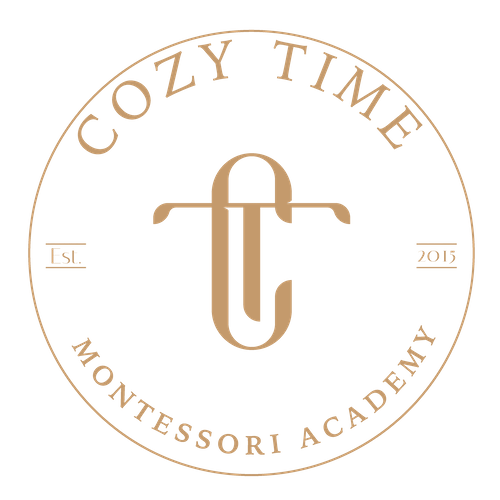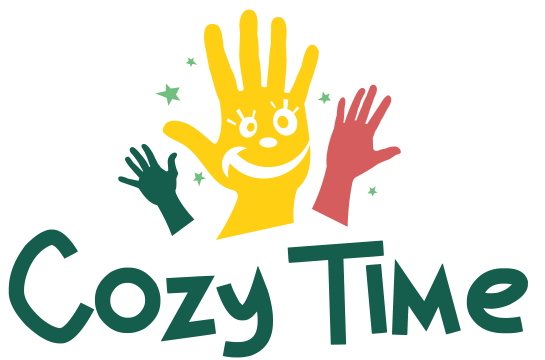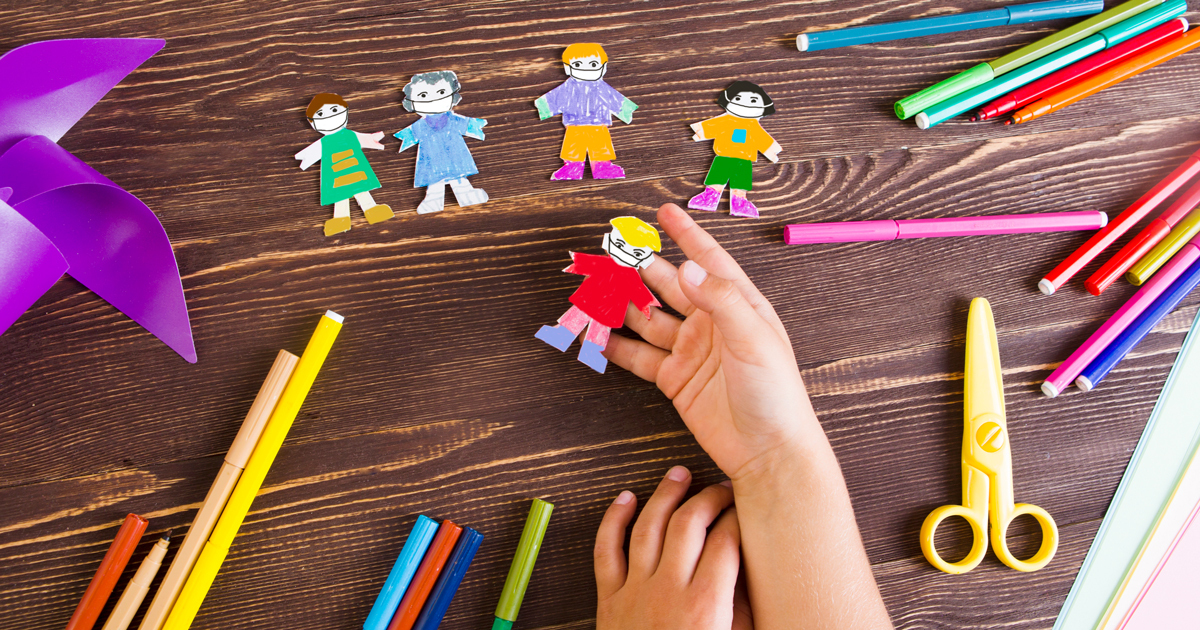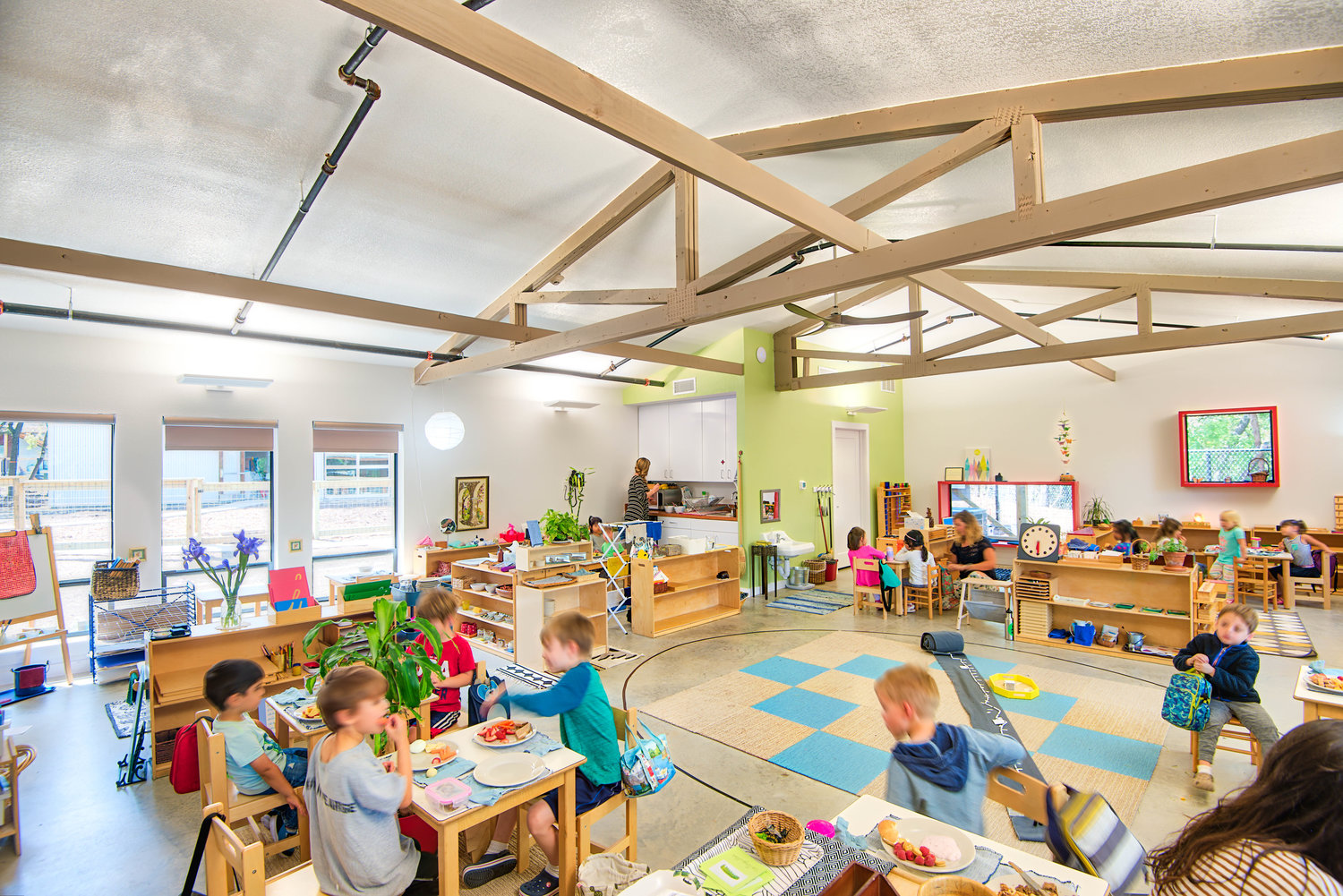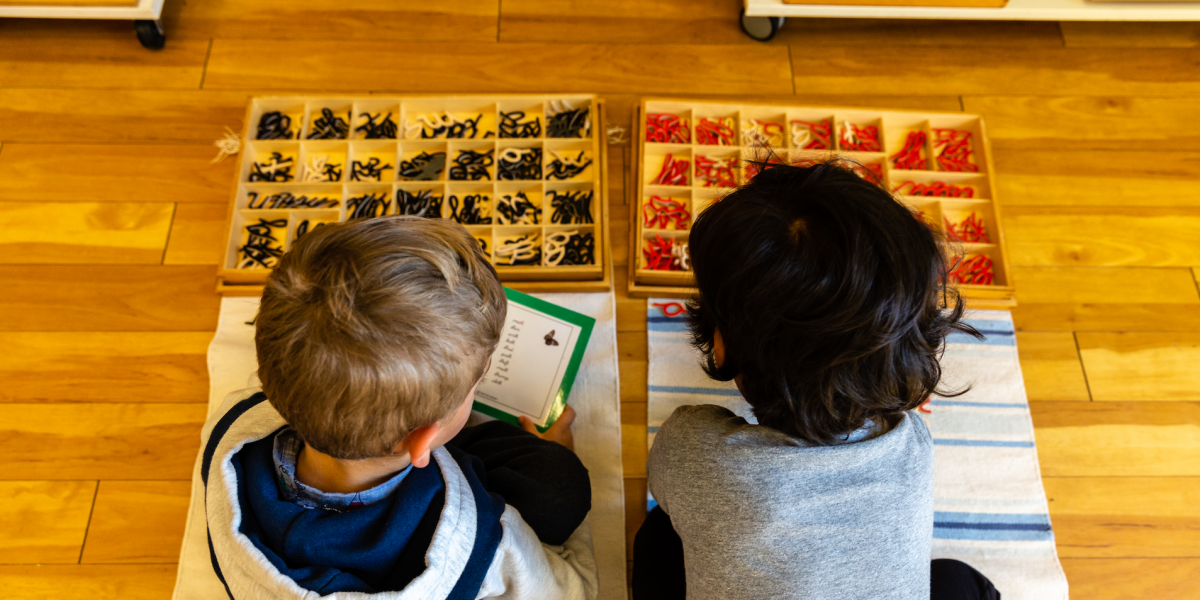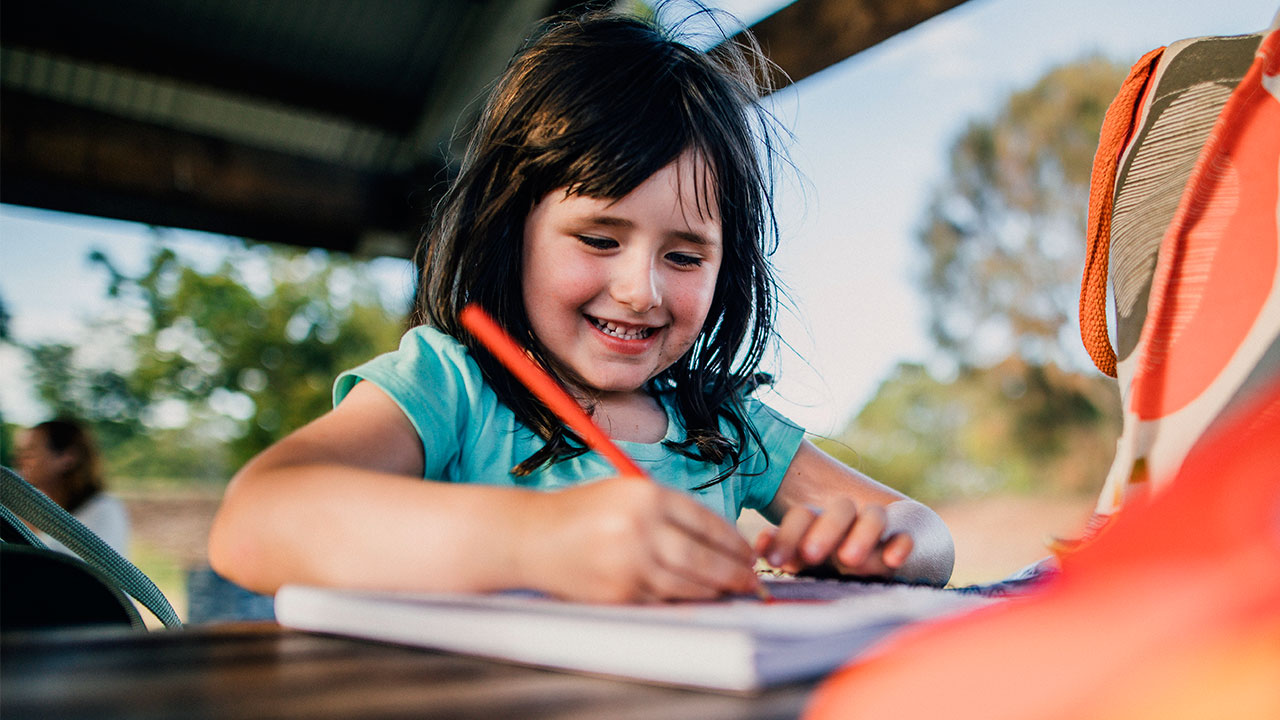Montessori vs. Daycare: The Battle for Your Child’s Brain
Why “safe and happy” isn’t enough when 90% of the brain develops before age five.
If you are an Ontario parent, you are likely wrestling with a high-stakes calculus: Do you choose the affordable, government-subsidized daycare ($10/day), or do you stretch your budget for a private Montessori education?
This is not just a financial decision; it is an architectural one. You are choosing the blueprint for your child’s developing mind.
While traditional daycares provide essential care and safety, Montessori schools are engineered to build executive function—the brain’s air traffic control system. Here is the unvarnished truth about the differences, backed by science and stripped of the marketing fluff.
1. The Core Philosophy: “Help Me Do It Myself”
The fundamental difference lies in the objective.
-
Daycare (The “Care” Model): The primary goal is safety and social engagement. Activities are often teacher-led and group-based (e.g., “everyone circle up for story time”). The schedule is determined by the adult.
-
Montessori (The “Development” Model): The goal is functional independence. The child chooses their work from a curated set of materials. The schedule is determined by the child’s focus, known as the “work cycle.”
Neuromarketing Insight: Your child’s brain craves autonomy. When a child chooses their own task, dopamine is released, locking in the learning. In a teacher-directed setting, this internal drive is often interrupted.
2. The $10-a-Day Elephant in the Room (CWELCC)
Let’s address the finances immediately.
-
Traditional Daycare: Most licensed centers in Ontario have opted into the Canada-Wide Early Learning and Child Care (CWELCC) system. By 2026, fees will average $10/day.
-
Montessori Schools: This is where it gets tricky. Some licensed Montessori centers have opted in, but many private, authentic Montessori schools have opted out to avoid government caps on their revenue and operations.
-
The Cost Gap: You might be comparing $22/day (CWELCC) vs. $1,600 – $2,200/month (Private Montessori).
-
The Strategy: If you find a CWELCC-enrolled Montessori school, you have found a unicorn. Grab that spot immediately.
3. Myth-Busting: “Class Size” vs. “Ratios”
The Myth: “Montessori has smaller class sizes.” The Fact: Actually, authentic Montessori classrooms are often larger than daycare groups—and that is intentional.
-
Daycare: Children are segregated strictly by age (e.g., a room of only 2-year-olds).
-
Montessori: Uses Mixed-Age Groupings (ages 3–6 together). A Casa classroom might have 24–30 students with two educators.
Why Bigger is Better: In a room of 30 mixed-age kids, the older children (5-year-olds) naturally become mentors to the younger ones (3-year-olds). This cements the older child’s knowledge (“to teach is to learn twice”) and gives the younger child a role model. It creates a micro-society, not a holding pen.
4. The Scientific Advantage: Data Over Opinions
Does the Montessori premium actually pay off?
According to a landmark study published in the journal Science by Dr. Angeline Lillard, Montessori students (ages 5 and 12) demonstrated significant advantages over their peers in traditional education:
-
Executive Function: Better impulse control and adaptability.
-
Social Cognition: Higher scores on tests of “Theory of Mind” (understanding others’ perspectives).
-
Academic Achievement: Superior reading and math skills by age 5.
The “Founders” Effect: There is a reason Jeff Bezos (Amazon), Larry Page and Sergey Brin (Google), and Will Wright (The Sims) were all Montessori kids. The method prioritizes self-directed deep work, a trait essential for innovation.
5. The “Look and Feel” Test
If you tour both facilities, look for these visual cues:
| Feature | Traditional Daycare | Authentic Montessori |
| Decor | Bright primary colors, cartoon posters, high-stimulation. | Neutral tones, natural wood, plants, organized shelves. |
| Toys | Plastic pretend-play toys (kitchens, dolls) often dumped in bins. | “Materials” (puzzles, sensory tools) arranged singly on trays. |
| Noise | Often high-volume; teachers projecting voice over the group. | Surprisingly quiet (“hum of activity”); teachers whisper. |
| The Teacher | “The Entertainer” – leading songs, directing art projects. | “The Guide” – observing from the side, intervening only when needed. |
6. The Transition to Grade 1
A common fear: “If my child goes to Montessori, will they struggle in a public school desk later?”
The Reality: Montessori children often transition better because they have already mastered self-regulation.
-
They don’t need a teacher to tell them to focus; they have practiced focusing for 3 years.
-
They don’t need external rewards (stickers/grades) to learn; they are driven by internal curiosity.
The Verdict
If your budget allows, Montessori offers a developmental edge during the critical 0–6 brain-building window. It is not just “child care”; it is an investment in executive function.
Your Next Step: When touring a Montessori school, ask: “Are you CCMA (Canadian Council of Montessori Administrators) accredited?” Anyone can use the word “Montessori” (it is not trademarked). Accreditation is your only guarantee that you are paying for the science, not just the name.
